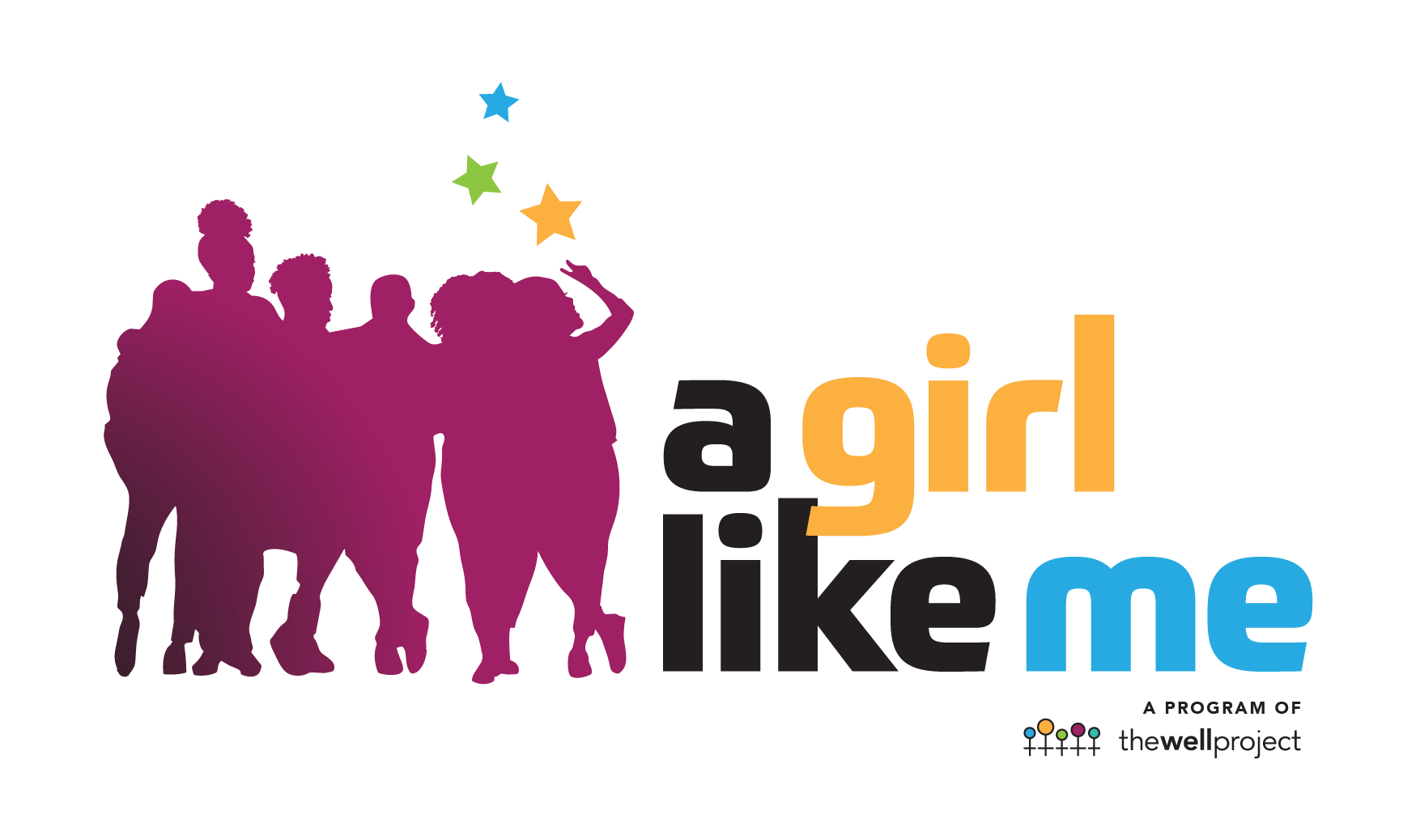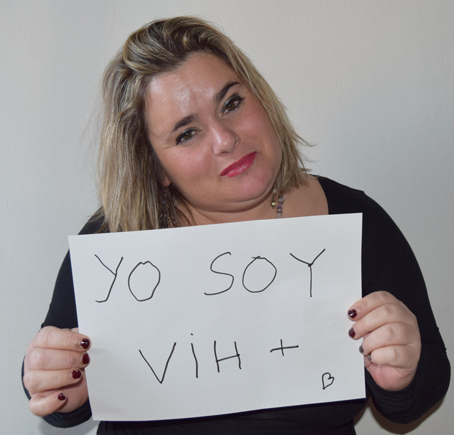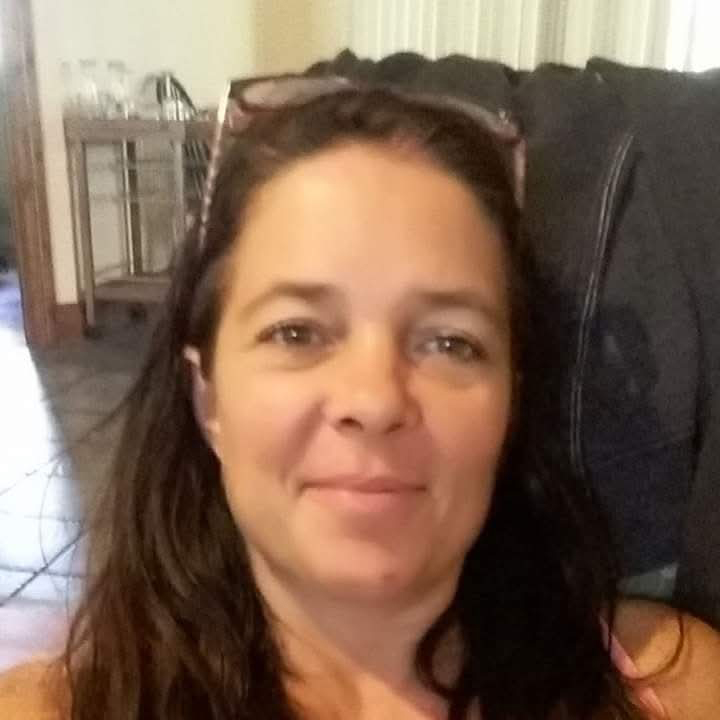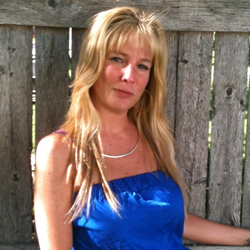As I sat at my computer this morning and logged onto Twitter, I realized that today is the National HIV/AIDS and Aging Awareness Day (September 18th). This made me smile, as it confirms that treatment works, and people living with and diagnosed with HIV today can expect to live a 'usual' lifespan. Things have changed since the early days of this epidemic. What once was a death sentence is now a controllable disease for those who have access to care and treatment. On this day, I reflect on those who are no longer with us, those who are not standing beside us, those who didn't have access to health care soon enough, those who were forgotten by family and friends, and those who still today, cannot access care and treatment. I am truly honored and blessed to still be here and grateful to know that so many of us survived the darkest days of this epidemic, but I cannot forget the fight is not over. It is not over until things change. It is not over until everyone on this earth has access to care and treatment. Something still needs to change.
I had the privilege of attending the United States Conference on AIDS (USCA) a couple of weeks ago (September 6th – 9th) sponsored by the National Minority AIDS Council (NMAC) and I learned that by the year 2020, 70% of people living with HIV in the United States will be 50 years old and older. Thanks to better treatment options, we are living longer healthier lives, but unfortunately people still do not have equal access to care and treatment.
NMAC's mission calls on all of us to lead with race, which is why the USCA conference is so important and so powerful. The conference opens the doors to new conversations about race and HIV and the impact interpersonal and structural racism have on health and health outcomes. With more than 2,500 people in attendance, each day included a plenary and breakout sessions with 15 – 18 workshops going on at the same time. It was extremely difficult to decide which session to attend as they all looked exciting and informative. Even walking around the conference was exciting. Running into other health professionals and advocates who we only get to see in person on occasion. I have heard from many other people that this conference is like attending a family reunion and I must agree. Families are not only made up of blood relatives, families are chosen, they are the people who love and support you and that is exactly the feeling you get while attending this conference.
USCA began on Wednesday with a Leadership Institute and the entire conference focused on activism and the intersection of social justice and HIV. The amazing opening plenary set the tone for the next few days. It is well known that HIV and AIDS disproportionately affect people of color. Research has shown that people of color have the highest prevalence and lowest awareness of HIV (Wejnert, et al., 2015) particularly in the South (Rosenberg, Grey, Sanchez, & Sullivan, 2016). Blacks represent 12% of the population, yet they account for 46% of new HIV diagnoses and 49% of new AIDS diagnoses (CDC 2014; CDC, 2015). Hispanics represent 16% of the population and account for 21% of new HIV diagnoses and 20% of new AIDS diagnoses (CDC 2014; CDC 2015). These numbers are alarming but not surprising as racial disparities has been centered since the beginning of the epidemic. After 35 years we still encounter racial disparities in both new HIV diagnoses and in HIV related health outcomes. Change is needed and that change begins at conferences like USCA, where networking, partnerships, and collaborations begin. Change happens because USCA brings together national and community leaders as well as activists, health professionals, and researchers who are all dedicated to improving the lives of people living with HIV. Each year the conferences gets better and better. I am truly grateful that I was able to attend. I can't wait until next year!
In closing, I want to thank Paul Kawata, his amazing staff, the board of directors, the planning committee, the sponsor, and all the volunteers who worked hard to make this event possible. The conference was a huge success and their dedication and commitment was obvious throughout the conference. I also want to acknowledge Krista and The Well Project who made it possible for me to attend. Words cannot express my gratitude for all The Well Project does for women around the world. Thank you, thank you, thank you.
Hope to see you next year. #2019USCA
References
Centers for Disease Control and Prevention (CDC). (2014) Monitoring selected national HIV prevention and care objectives by using HIV surveillance data - United States and 6 dependent areas-2012. HIV Surveillance Supplemental Report; (No. 3). Accessed September 18, 2018 from: http://www.cdc.gov/hiv/pdf/surveillance_report_vol_19_no_3.pdf
Centers for Disease Control and Prevention (CDC). CDC Fact Sheet: HIV among Gay and Bisexual Men. 2015. Accessed September 18, 2018 from http://www.cdc.gov/nchhstp/news room/docs/factsheets/cdc-msm-508.pdf
Rosenberg, E. S., Grey, J. A., Sanchez, T. H., & Sullivan, P. S. (2016). Rates of Prevalent HIV Infection, Prevalent Diagnoses, and New Diagnoses Among Men Who Have Sex With Men in US States, Metropolitan Statistical Areas, and Counties, 2012-2013. JMIR Public Health and Surveillance, 2(1), e22.
Wejnert, C., Hess, K. L., Rose, C. E., Balaji, A., Smith, J. C., Paz-Bailey, G., ... & Hoyte, T. (2015). Age-specific race and ethnicity disparities in HIV infection and awareness among men who have sex with men—20 US cities, 2008–2014. The Journal of infectious diseases, 213(5), 776-783.





















